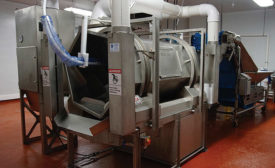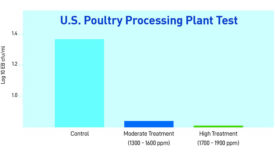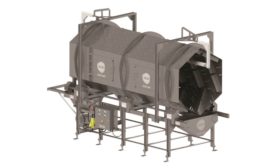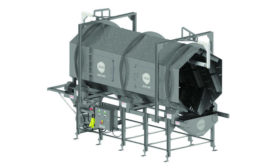Home » Keywords: » electrostatic
Items Tagged with 'electrostatic'
ARTICLES
Researchers at North Carolina State University test using an electrostatic precipitator to improve indoor air quality.
Read More
Tech Topics: Food Safety
How electrostatic intervention technology can help processors maximize resources and food safety
Processors can now utilize electrostatic technology in place of immersion dips and traditional in-line spray systems.
Read More
Commentary | Protein Problem Solvers
Pineland Farms Natural Meats successfully implements Elite 360 System to Treat Beef Trim
Read MoreTech | Supplier's Perspective
Electrostatic technology advances as antimicrobial intervention
Read MoreStay ahead of the curve. Unlock a dose of cutting-edge insights.
Receive our premium content directly to your inbox.
SIGN-UP TODAYCopyright ©2025. All Rights Reserved BNP Media.
Design, CMS, Hosting & Web Development :: ePublishing









